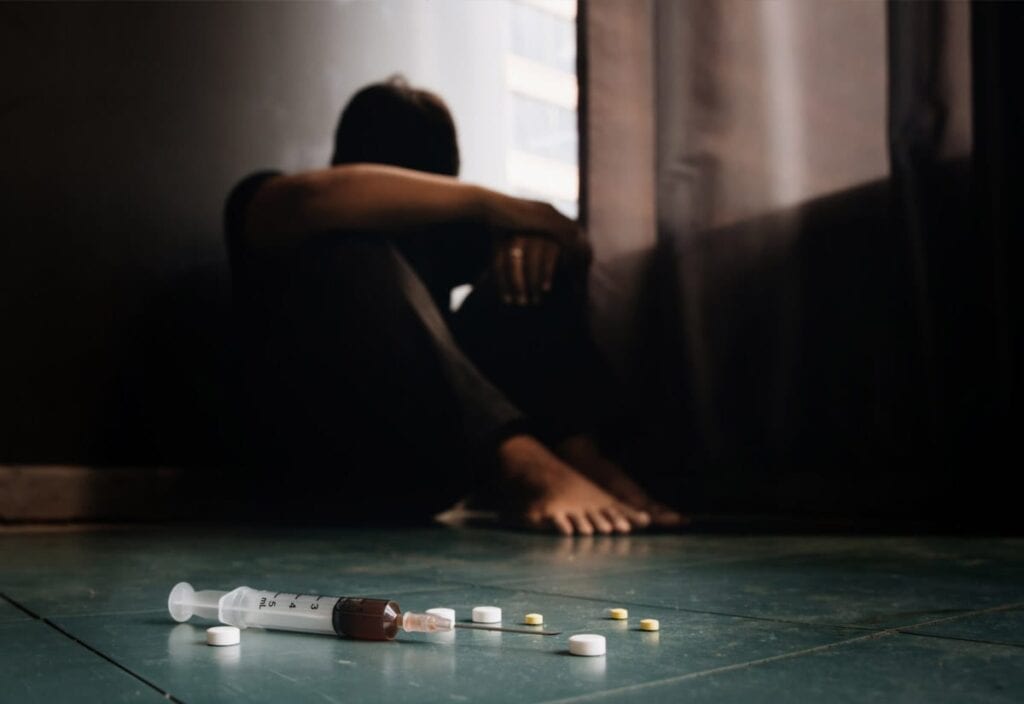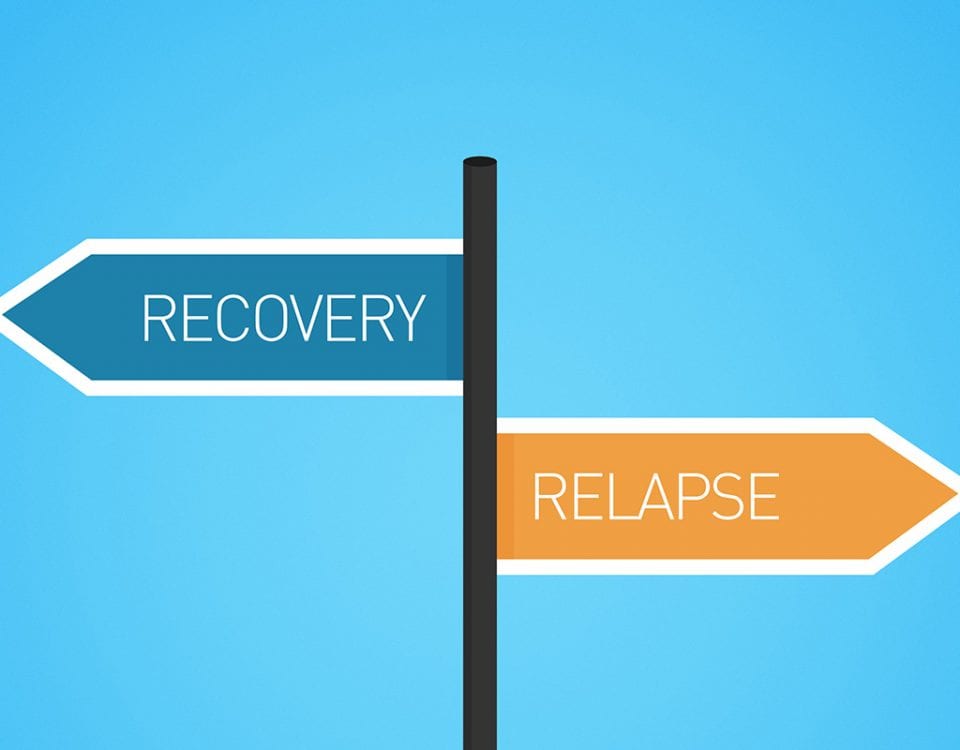- 98143 70700
- info@thehermitage.rehab
- 22, Circular road, Opp. VR Ambarsar, Amritsar
When it comes to mental health disorders, it is quite normal for one to avoid their existence for as long as it is possible. Not because we are not aware that something is wrong but rather the wrongness of the situation itself makes us feel threatened and that is the sole reason why most of the patients and families alike stay in denial.
Recovery from any form of addiction or mental health challenge is a journey marked by progress, setbacks, and a process that is rarely linear. One significant aspect that individuals often encounter along this path is relapse. Whether concerning substance abuse, mental health conditions, or behavioral challenges, relapse refers to the recurrence of symptoms or a return to a previous state of distress.
To truly understand relapse, it’s essential to explore its emotional, mental, and physical dimensions and shed light on its normalcy within the context of recovery.
Emotional relapse is the initial stage where an individual’s emotions and behaviors set the stage for a potential setback. It involves neglecting self-care, suppressing emotions, and avoiding healthy coping mechanisms. Signs of emotional relapse may include increased stress, mood swings, isolation, and irritability. Often, individuals in this phase might not recognise the warning signs, making it crucial to address these emotional cues promptly through self-awareness and seeking support.
Mental relapse occurs when an individual experiences a mental tug-of-war between the desire to maintain progress and the urge to revert to past behaviors or habits. Conflicting thoughts arise, leading to internal turmoil and a wavering commitment to recovery. This phase involves romanticizing the past, experiencing cravings or triggers, and contemplating relapse. Recognising mental relapse and implementing proactive strategies such as mindfulness, therapy, or engaging in healthy activities can help navigate through this challenging stage.

Physical relapse marks the culmination of emotional and mental relapse, manifesting in a return to the actual behavior or substance use. It is the most visible aspect of relapse but is often the consequence of unaddressed emotional and mental triggers. While physical relapse is a setback, it’s crucial to view it as part of the recovery process rather than a failure. Understanding the triggers that led to relapse and seeking immediate help are essential steps in regaining control and continuing the journey toward recovery.
Relapse is a common occurrence in recovery journeys across various struggles, including addiction, mental health disorders, or behavioral challenges. It’s important to recognise that setbacks do not define failure but rather represent a natural aspect of the recovery process. Acknowledging relapse as a potential part of the journey helps remove the stigma surrounding setbacks and encourages individuals to seek help and support without shame or guilt.

Recovery is a dynamic and ongoing process that involves learning, growth, and self-discovery. Relapse, while challenging, can offer valuable insights into triggers, vulnerabilities, and areas requiring further support or intervention. Viewing relapse as an opportunity for learning and reassessment can empower individuals to reinforce coping strategies, build resilience, and fortify their commitment to recovery.
The key to navigating relapse lies in self-compassion, resilience, and a willingness to seek assistance. Establishing a robust support network comprising professionals, peers, and loved ones can significantly aid in preventing, managing, and overcoming relapse. By embracing setbacks as stepping stones rather than stumbling blocks, individuals can continue their journey towards sustained wellness and a fulfilling life in recovery.
In conclusion, relapse is a multifaceted aspect of the recovery process encompassing emotional, mental, and physical dimensions. Normalizing relapse, understanding its connection to recovery, and utilizing setbacks as opportunities for growth can pave the way for a more resilient and successful journey toward sustained wellness and healing.
WhatsApp us